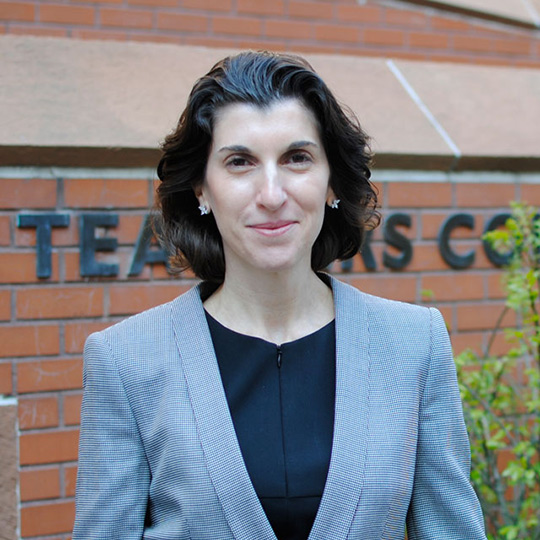TC's Fiona Hollands: College Renders Social and Economic Benefits
College graduates reap social and economic benefits that non-graduates do not, says TC's Fiona Hollands on discovery.com. “You’re going to end up earning more over your lifetime if you attended college than if you only attended high school or part of college,” Hollands says. "From a social and economic perspective, you’re better off going to college.”
Before online programs are considered equal in value to the residential college experience, Hollands adds, they will need to prove their quality to employers. Because the alternative programs are so new, nobody has studied the success rates of students who emerge from them — or compared outcomes with more traditional degrees. That makes it too soon to determine how they will compare to traditional programs.
“Until employers are willing to accept alternative credentials or evidence of skills and knowledge, a college education is still the fastest ticket to a job,”
she says . “I’m not going to tell my kids to skip college at this point.”
Hollands is Adjunct Associate Professor of Education and Associate Director and Senior Researcher at the Center for Benefit-Cost Studies of Education at Teachers College (CBCSE). Her research uses cost-effectiveness analysis to demonstrate how policymakers can optimize education resources. Her recent studies address high school completion, early literacy and online learning.
Recently, Hollands completed a study of Massive Open Online Courses (MOOCs) entitled “MOOCs: Expectations and Reality,” to understand the goals of institutions that are developing and delivering these courses, their costs, impact on educational outcomes, and expectations for whether and how this phenomenon may change the landscape of learning over the next few years.
Hollands is also part of a CBCSE team that is developing an online tool to facilitate cost and cost-effectiveness analyses by other researchers and education decision-makers. The goal is to promote greater attention to issues of productivity of education.
Published Tuesday, Oct. 20, 2015
